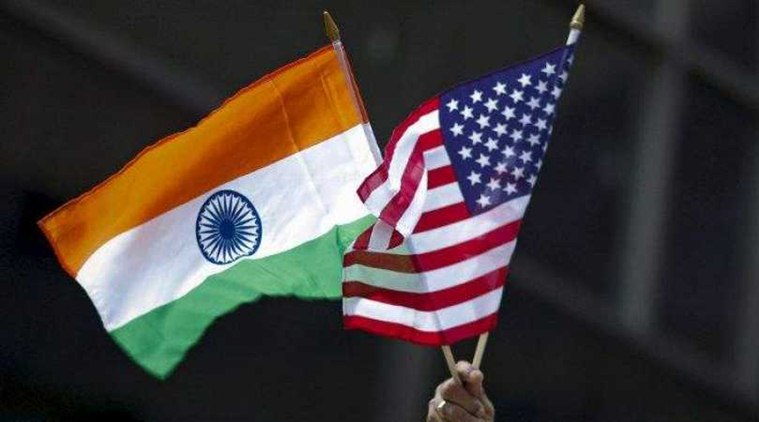
US and North Korea Should Not Close Door to Peace on Korean Peninsula
“We have no plans at this time to suspend any more (joint military) exercises (with South Korea),” said U.S. Defense Secretary James Mattis on Aug. 28. The remark was made four days after U.S. Secretary of State Mike Pompeo’s planned visit to North Korea was canceled, and it is highly likely that a resumption of the joint military drills was announced as a bargaining chip to press for Pyongyang’s denuclearization.
Large-scale joint military exercises, including “Foal Eagle/Key Resolve” in March and April and “Ulchi Freedom Guardian” in August, are designed to rehearse for a full-scale war with North Korea, and these drills are sufficiently threatening to keep the North on a semi-war footing for a few months.
Right after the June 12 summit with North Korean leader Kim Jong Un, President Donald Trump announced that the U.S. would halt “Ulchi Freedom Guardian” and joint military exercises conducted by the U.S. Marines and the South as a “good-will” gesture, setting the scene for denuclearization negotiations. However, Mattis later indicated that the U.S. may use the resumption of the drills as a means to pressure the isolated regime, saying, "I do not have a crystal ball right now. Let's see how the negotiations go." Moreover, Pompeo, too, pressured the recalcitrant regime by saying in a statement cited by his spokeswoman Heather Nauert, “Despite the decision to delay my trip to Pyongyang, America stands ready to engage when it is clear that Chairman Kim stands ready to deliver on the commitments that he made at the Singapore Summit to President Trump to completely denuclearize North Korea.” The top U.S. official’s recent moves seem to be part of Washington’s strategy to increase its negotiating power amid its standoff with the North.
Yesterday, CNN reported that Pompeo’s trip to Pyongyang had been shelved due to Vice Chairman of North Korea’s ruling Workers’ Party Central Committee Kim Yong Chul’s belligerent secret letter to the Trump administration. Kim reportedly warned in the letter that the denuclearization process “is again at stake and may fall apart.”
A tug-of-war between the two sides is seemingly coming to a head. The U.S. is insisting on “denuclearization first” as it plays its trump card of restarting joint military exercises with South Korea without mentioning an end-of-war declaration. If the adversaries reach the extreme level of brinkmanship, there would be no guarantee that the nuclear standoff would not drive forward again into a phase of possible military confrontation similar to that of late 2017.
The door to peace on the Korean Peninsula, which was not easy to open in the first place, should not be closed by wasteful confrontation between the two sides. They must take a flexible approach to a negotiation unless Washington’s intention is to stop Pyongyang’s denuclearization. That is, the Trump administration needs to stop walking on eggshells with national sentiment and to give Kim’s regime what it has to be given at the negotiating table – presumably, a formal declaration ending the 1950-1953 Korean War as a minimum security guarantee – and the North should make bold moves, such as turning over a list of its current nuclear assets, including an inventory of its nuclear warheads, to extract a U.S. concession. Dismantling nuclear test sites and facilities is another thing; it would be evaluated in terms of the North’s giving up future nuclear missiles.
The stakes of denuclearization negotiations between the U.S. and the North are high: it is either a win-win or a lose-lose. The two parties should be committed to negotiation, as the fate of the Korean Peninsula, where 7.5 million people live, is in their hands.


